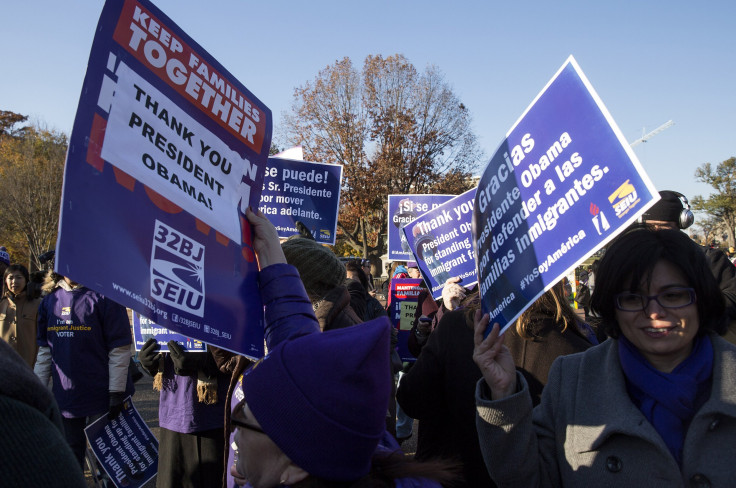Immigration Reform 2015: DHS Decreases Deportations, Integrates Undocumented Immigrants

Under the direction of the Obama administration, the Department of Homeland Security has started changing the enforcement of United States immigration laws, focusing on integrating long-term undocumented immigrants instead of deporting them. The DHS has shifted its methods of enforcement to target only three groups of undocumented immigrants for deportation: convicted criminals, terrorism threats or those who recently crossed the border, according to the Washington Post.
The new policies push agents to ignore the majority of undocumented immigrants except for the three focus groups, and come amid legal challenges to the President Barack Obama's executive action from last year, Deferred Action for Parents of Americans, which protected roughly 5 million eligible undocumented immigrants from deportation who have children who are U.S. citizens or legal residents before a federal judge put a stay on its enforcement until the conclusion of the lawsuits.
The change in DHS policy, however, merely governs the actions of immigration officials, rather than offering undocumented immigrants a path to citizenship, which may have a wider effect, according to the Washington Post.
"We are making it clear that we should not expend our limited resources on deporting those who have been here for years, have committed no serious crimes, and have, in effect, become integrated members of our society," said Homeland Security Secretary Jeh Johnson in a recent speech. "These people are here, they live among us, and they are not going away."
The news comes after a Monday report by the Center for New Community revealing that DHS employees have been colluding with white nationalist, anti-immigrant groups. Unions representing Immigration and Customs Enforcement agents consulted the Federation for American Immigration Reform, the Center for Immigration Studies and NumbersUSA, three anti-immigration groups, on immigration enforcement, according to Al Jazeera.
Many suggest that the policy changes may make drastic changes to the relationship between immigration enforcement and undocumented immigrants.
"It does have the potential to be extremely significant," Marielena Hincapie, executive director of the National Immigration Law Center, told the Washington Post about the policy change. "It would allow people to live without that noose over their heads of the threat of deportation at all times."
© Copyright IBTimes 2024. All rights reserved.





















